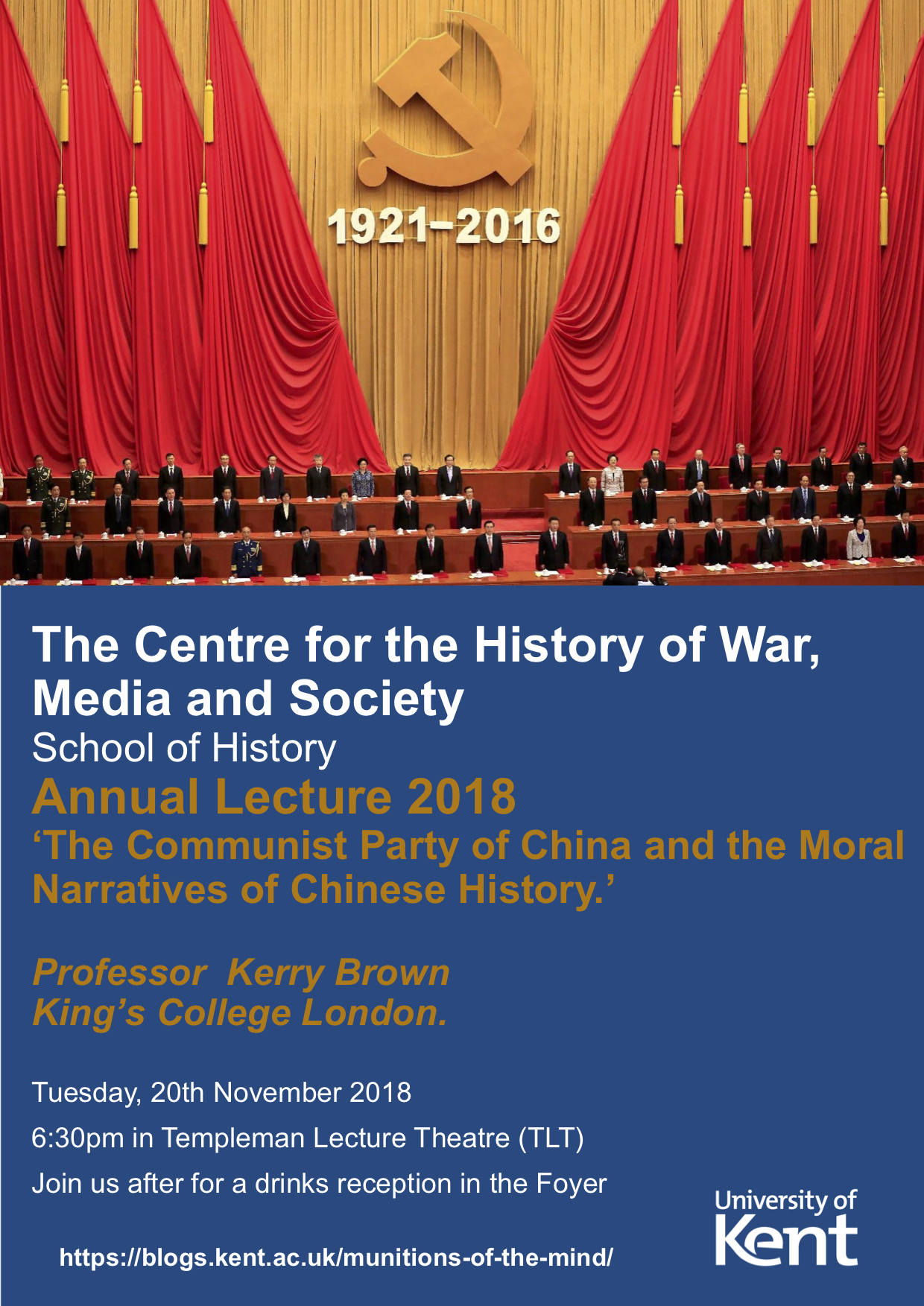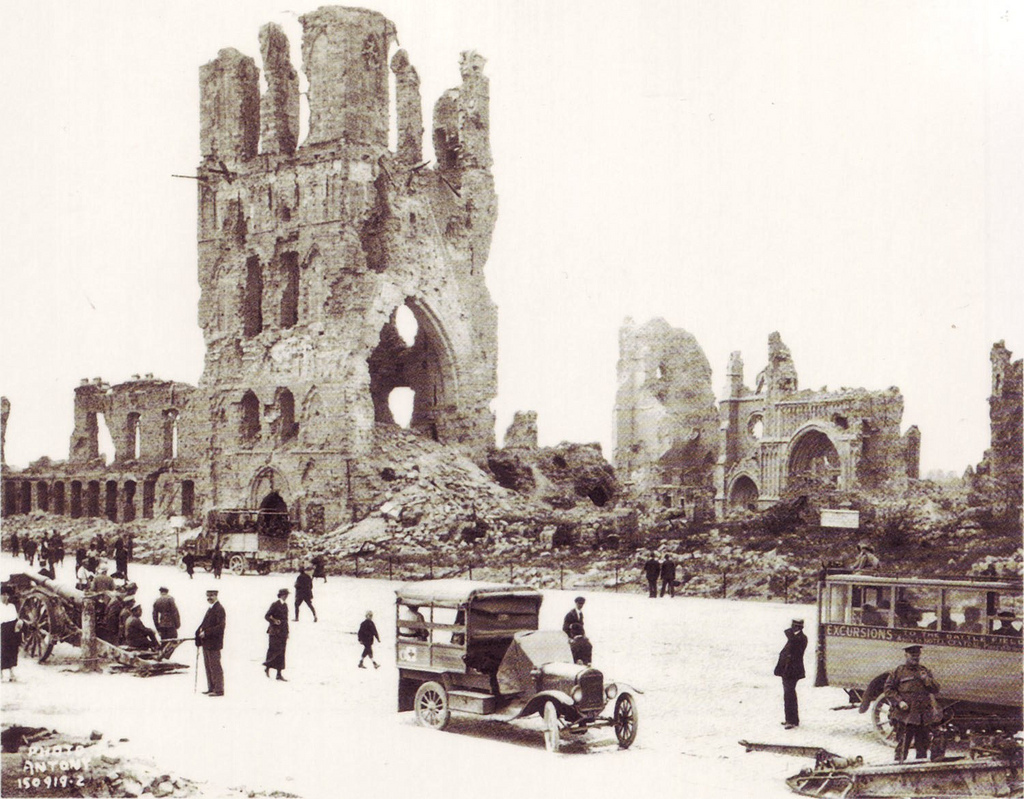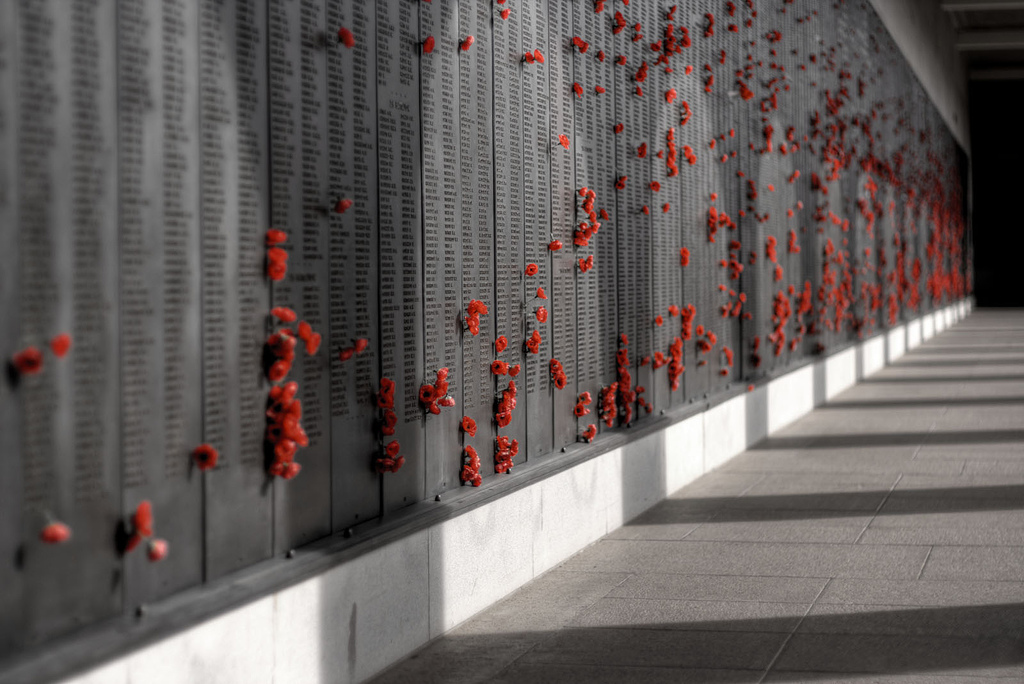
Month: November 2018
Written by Natasha Silk.
As the Centenary of the First World War ends, it is time to reflect on the conflict as a whole and consider how the commemorations have unfolded. We are likely to see a raft of new literature in the coming months discussing the impact of the Centenary on British collective memory of the war. It is undeniable that the events of the last four and a half years have influenced the way we, as a society, view the war. Some have argued that we have allowed the story of the dead to overwhelm the way we have approached the Centenary. Certainly, the commemorations and remembrance services for the dead have been centre stage. However, many have used this opportunity as a platform to educate the wider public about the war, including more marginalized areas. It seems that these two aspects of the Centenary commemorations have gone hand in hand. This post considers how education and remembrance have worked together to create the Centenary’s own legacy.
Leave a CommentWritten by Mark Connelly and Stefan Goebel.
Visiting Ypres, or Ieper to use its modern name, is an amazing experience. First, there is the sheer wonder of wandering around a seemingly historic city which, on closer inspection, proves to be of very recent completion. Then, there is the impressive scale of the massive Cloth Hall, the great medieval trading market which attracted merchants from across Europe. But, that too proves to be a bit of curiosity when stared at, as the mix of very smooth, sharply cut stone merges with the pock-marked, scarred and worn pillars along the ground floor. Next to the Cloth Hall is a soaring medieval cathedral, but enter inside and it feels so new you almost expect it to squeak as it comes out of the shrink-wrap. Finally, there is the Menin Gate, a huge memorial to the British and Commonwealth missing of ‘the salient’. Tucked into the ramparts, the Menin Gate almost leaps out on the visitor walking along the street from the central square (the Grote Markt). Of course, it is the Menin Gate that provides the key to the rest of the mystery, for it commemorates the fact that this charming West Flanders city witnessed some of the most intense and prolonged fighting on the Western Front between 1914 and 1918. During that fighting, Ypres was reduced to rubble and ashes only to rise again in replica form. And that is an underlying theme of our new book, Ypres: the recycling, rebuilding, reconstruction of images, stories, and histories of Ypres which stands alongside the physical construction of memorials, monuments and cemeteries in a reconstructed landscape. It is about construction and reconstruction; the encoding and reinterpreting of a major historical event within its original space, and how the battlefield of Ypres could be brought home.
Leave a CommentWritten by Amy Harrison.
On 17 October 2018, the Cambridge University Students’ Union (CUSU) posted a news article entitled ‘No, we did not ban poppies or Remembrance Day at Cambridge University…’. Their piece follows a series of articles appearing in national newspapers (although predominantly tabloids) which suggested that the students had voted against a motion to increase and promote Remembrance events among the student population as these were thought to ‘glorify’ the conflict. This news led to a severe backlash for the Union involved, with even the Mayor of Cambridgeshire and Peterborough telling the Daily Telegraph that the motion brought ‘“great shame” to Cambridge and shows “disdain” for the armed forces’. However, as with many controversial news stories, it was not all as simple as it appeared to be, and the 17 October response hit back at these assumptions. The CUSU condemned the actions of the press, suggesting that they ‘have used Remembrance Day and Cambridge students as political football’ and led to death threats and online abuse being sent to students involved. The main motion (to advertise Remembrance Day more fully) was adapted to include all those affected by war, and both were defeated in the understanding the Union’s engagement with Remembrance Day would continue as normal.
Leave a Comment


